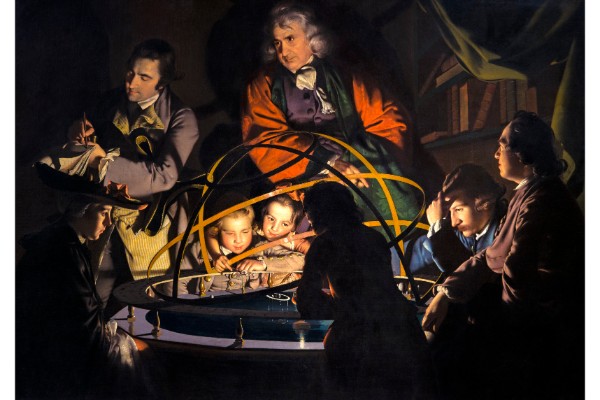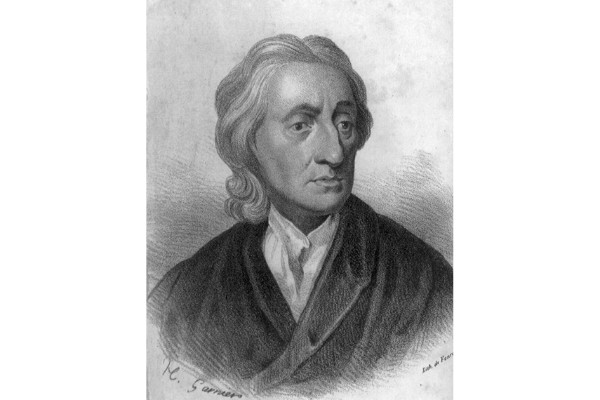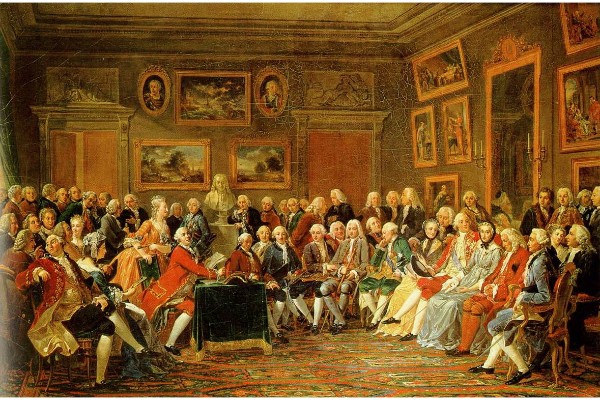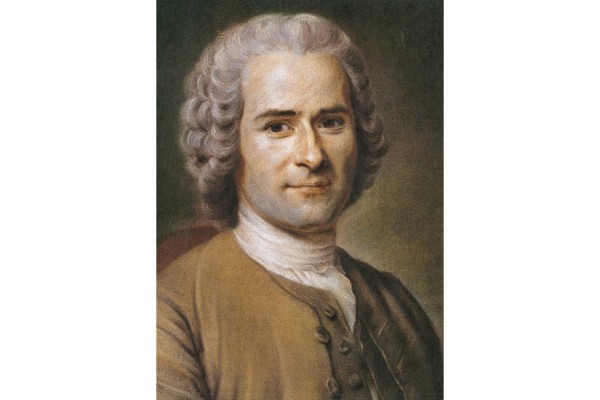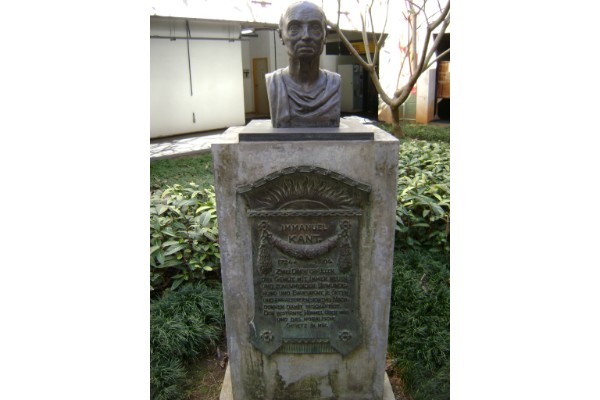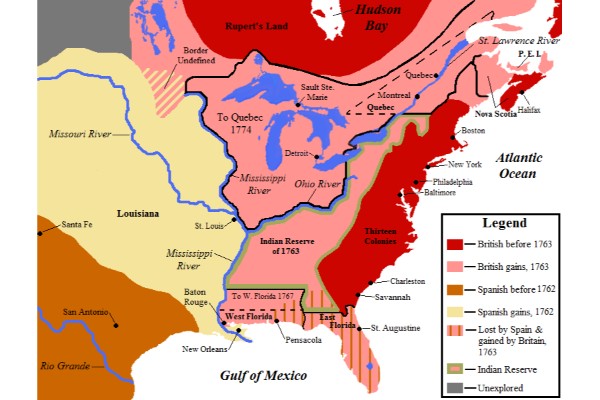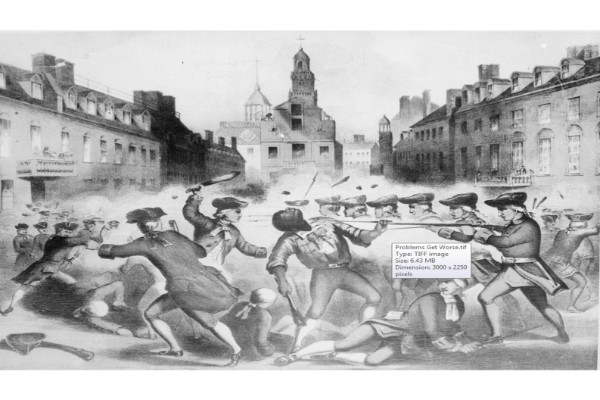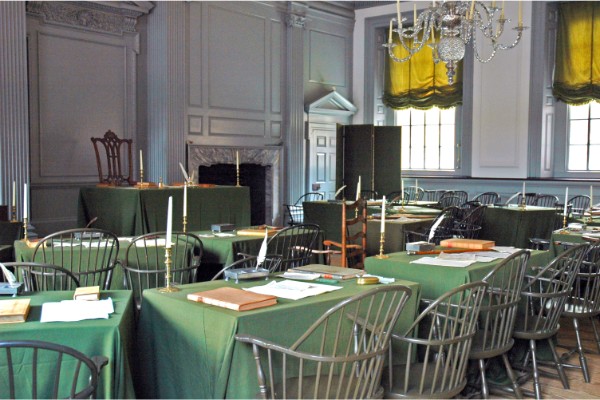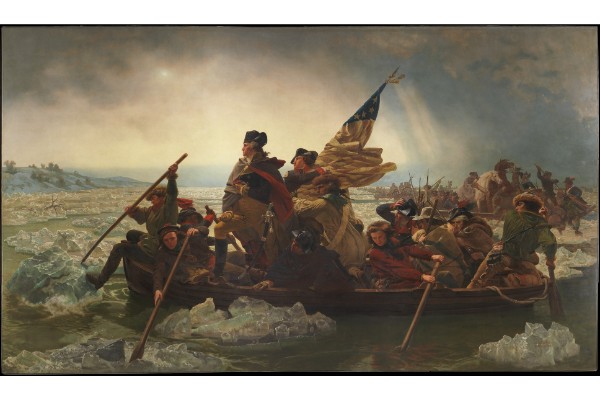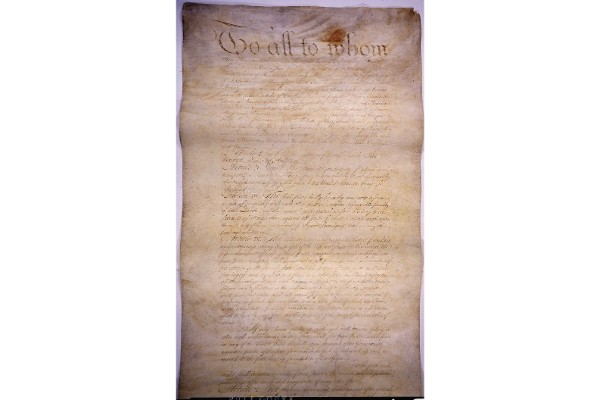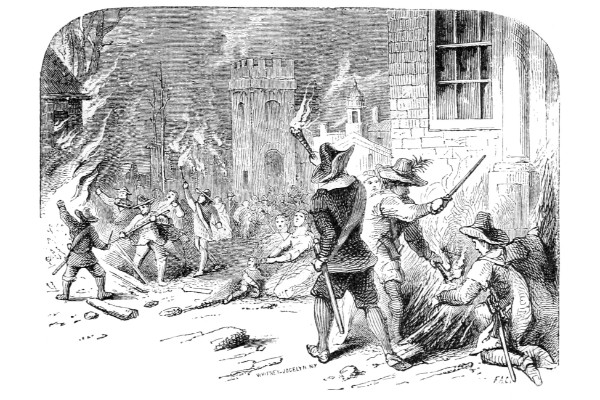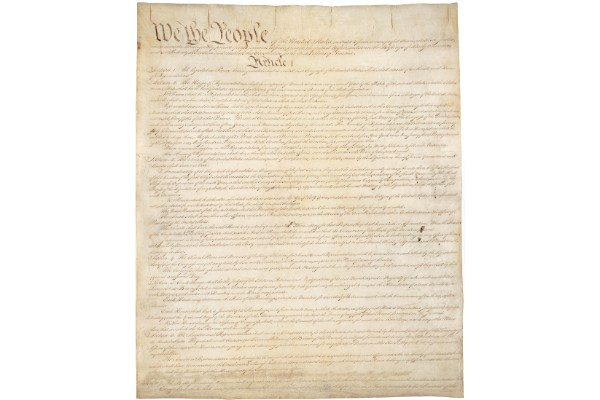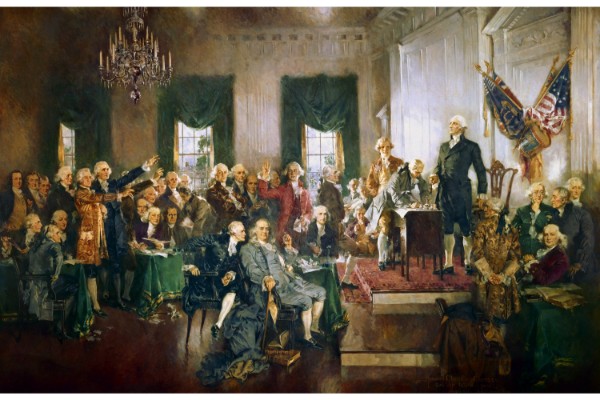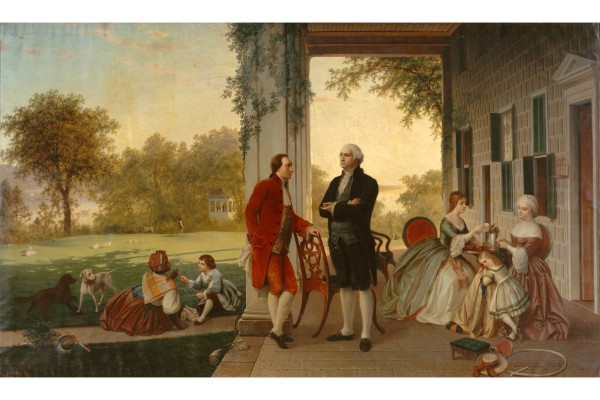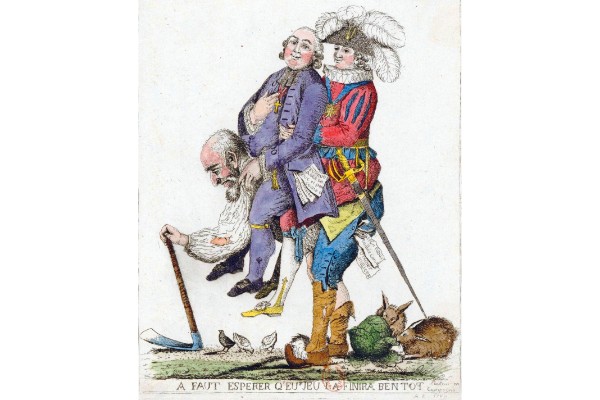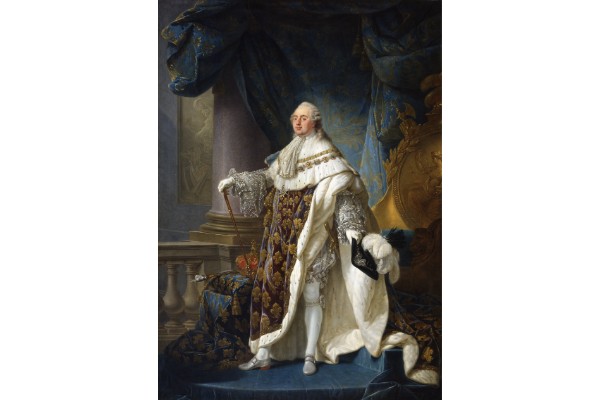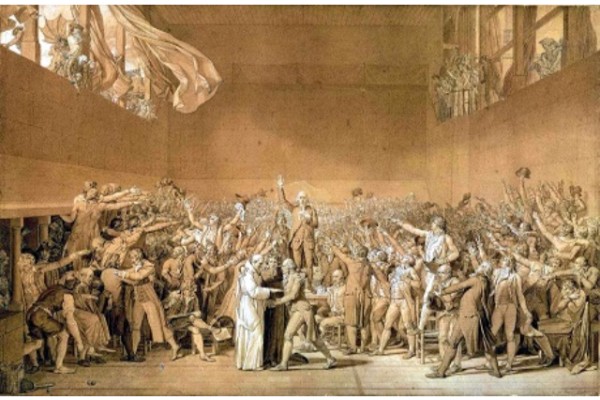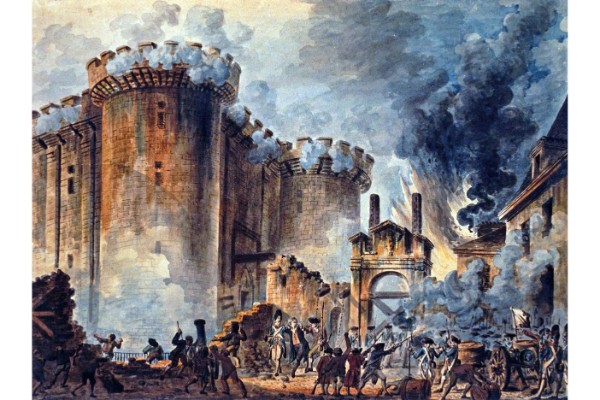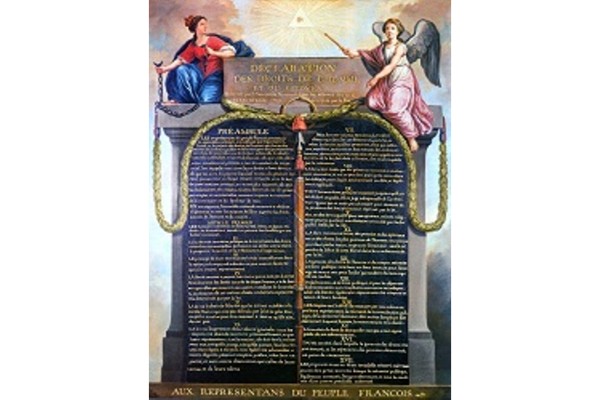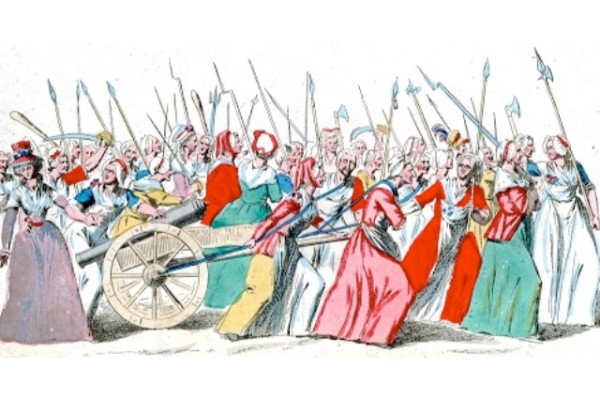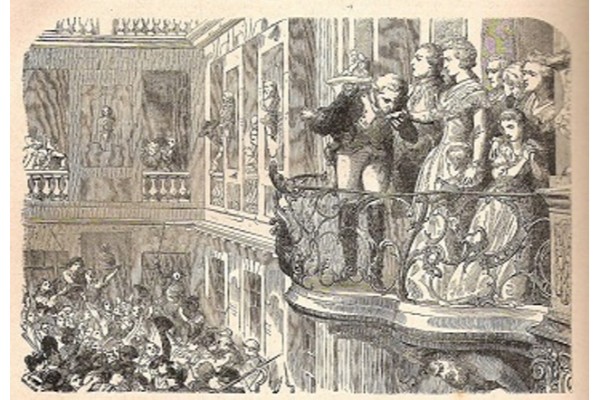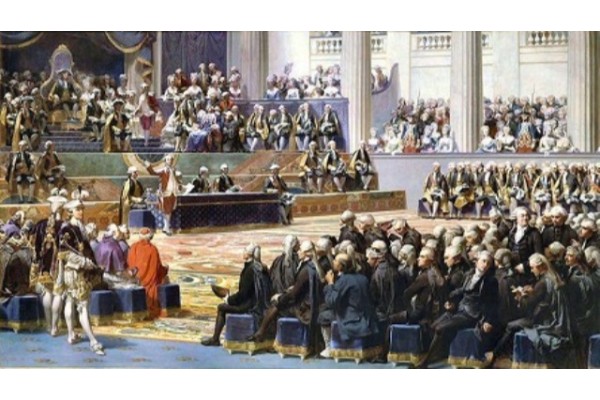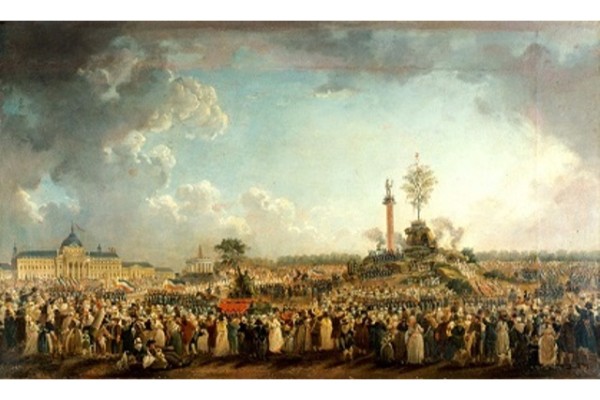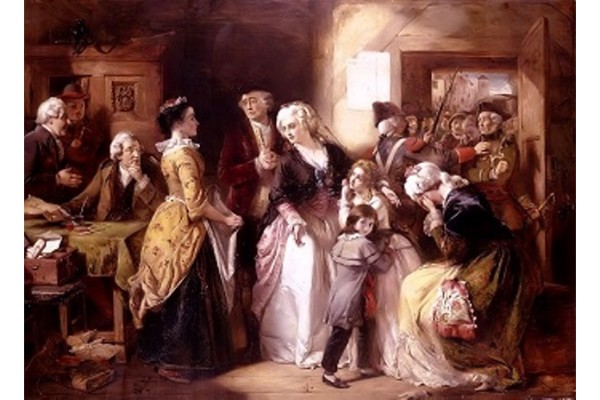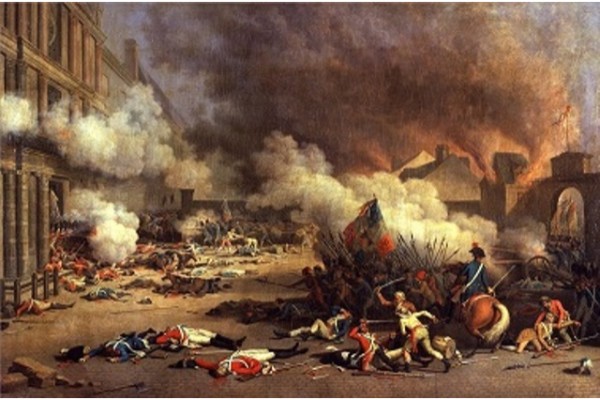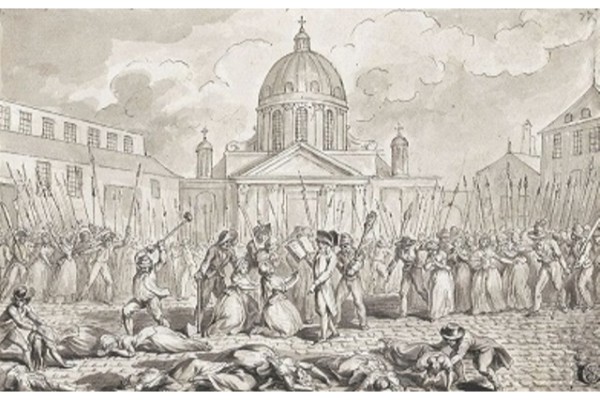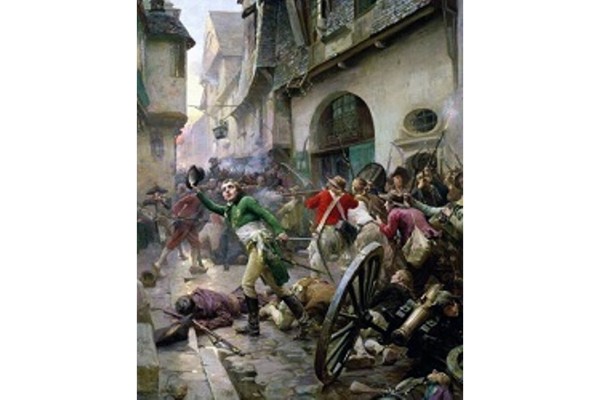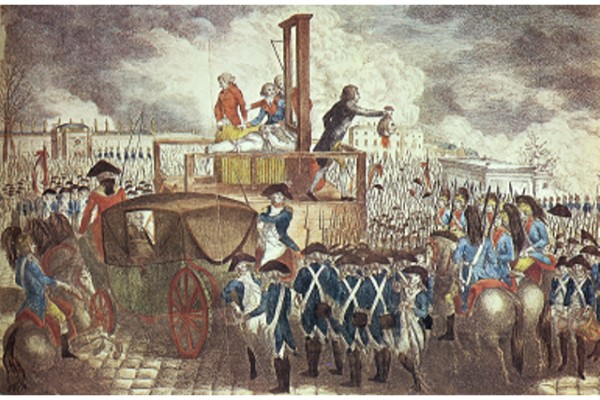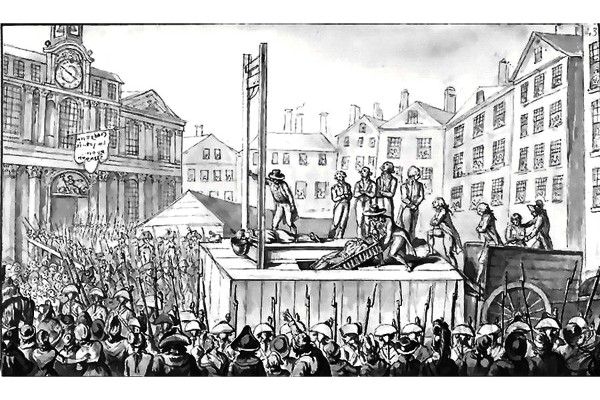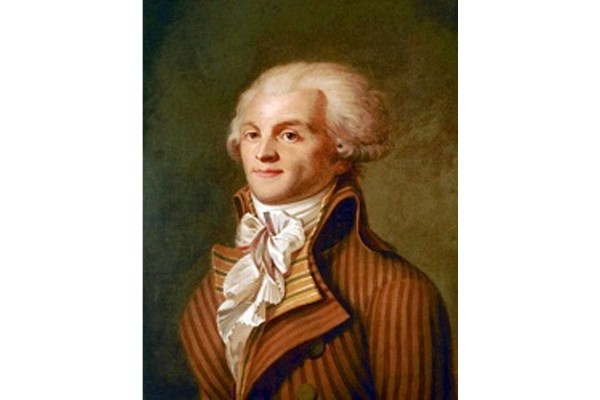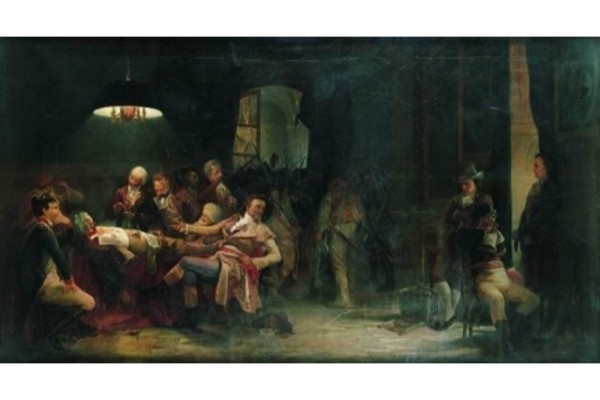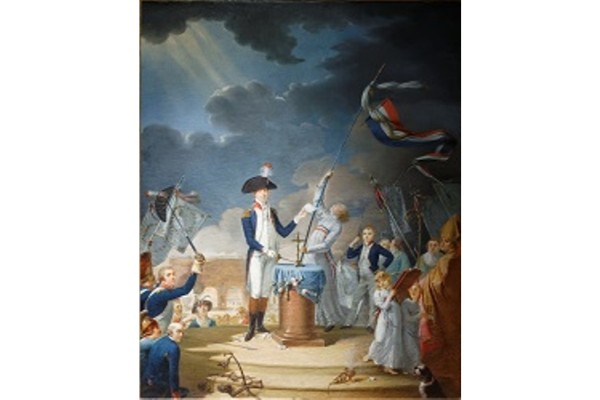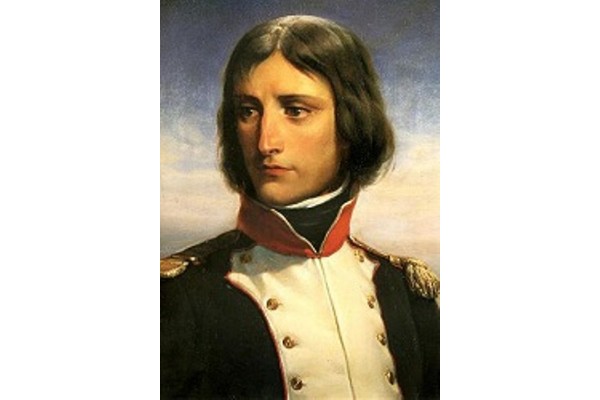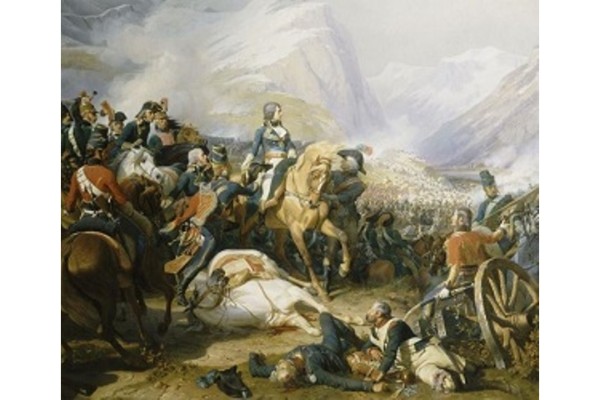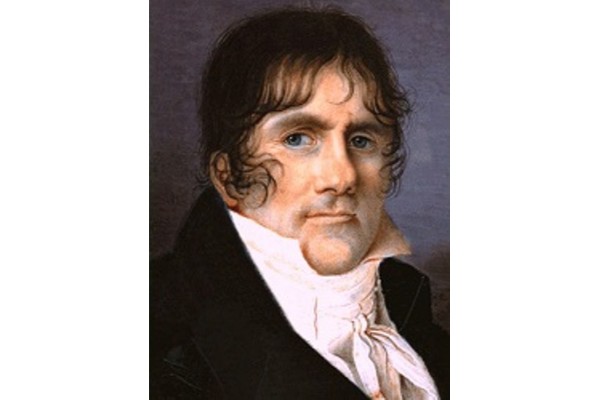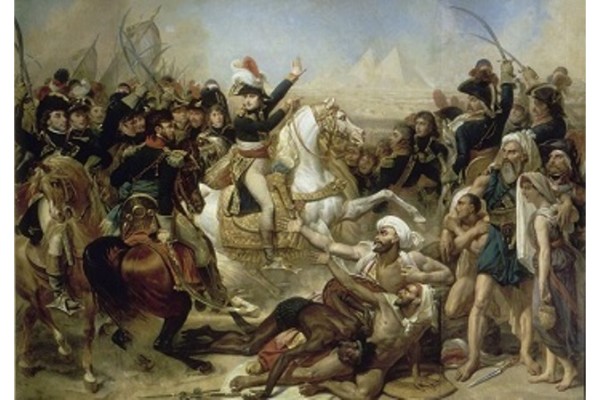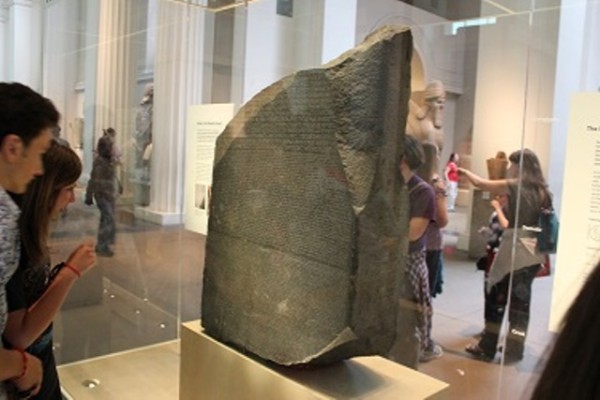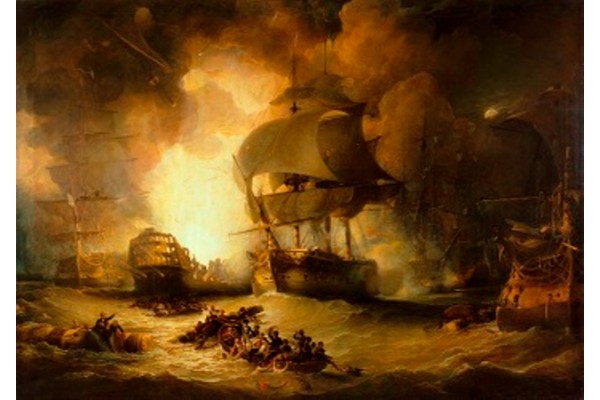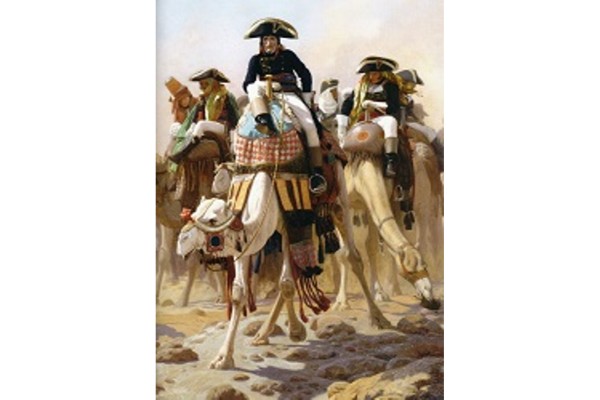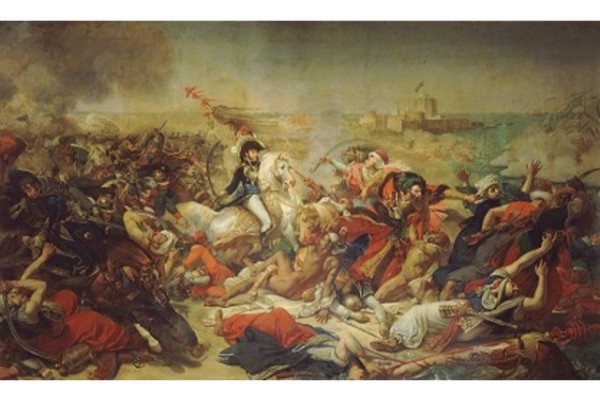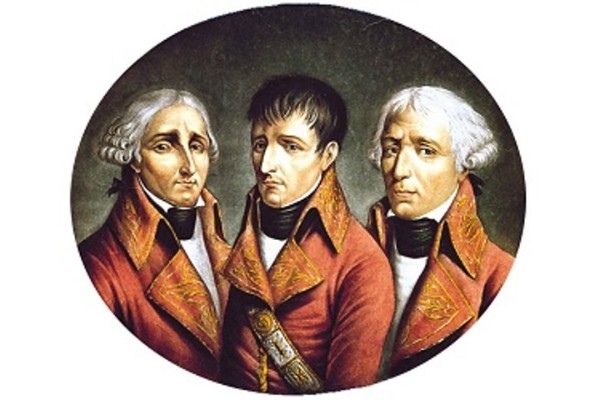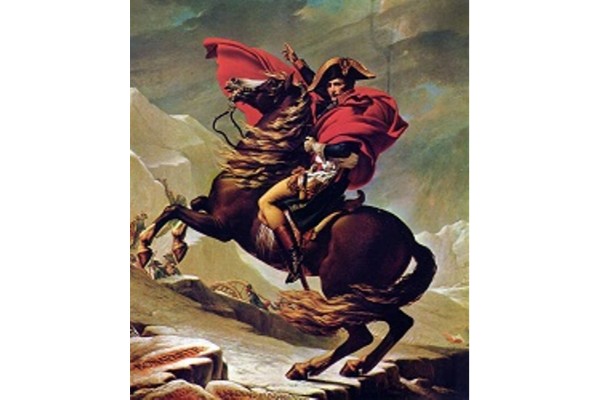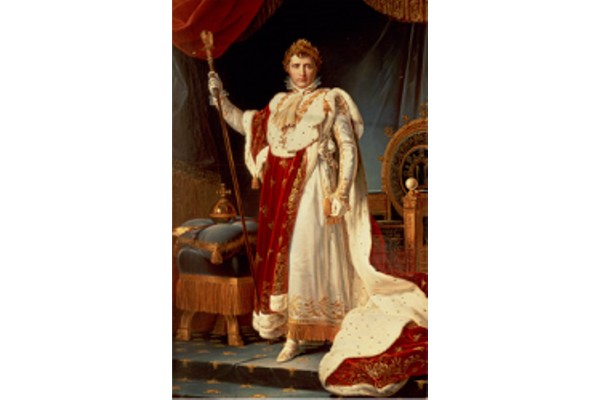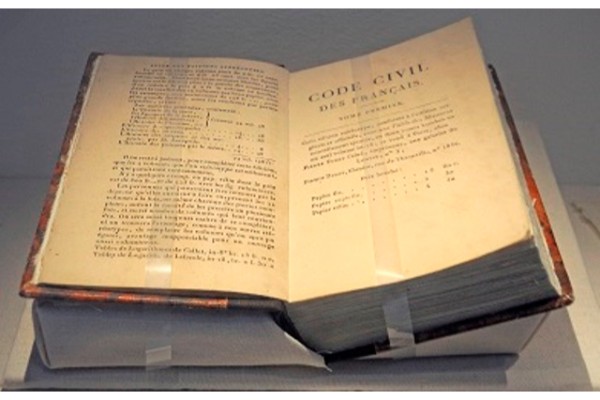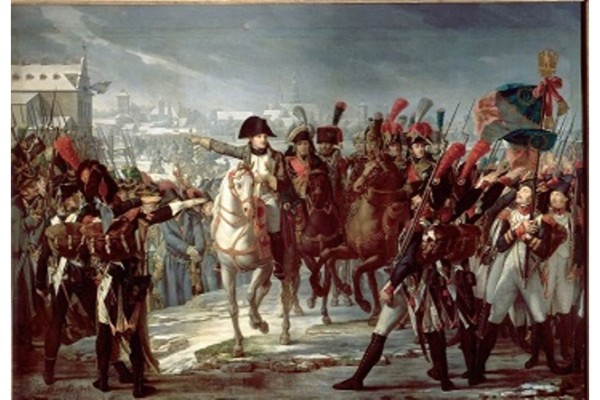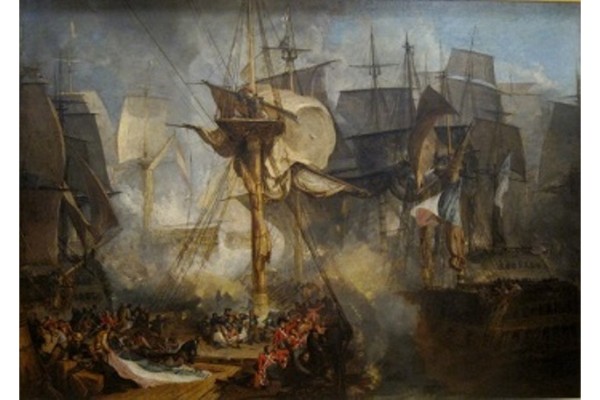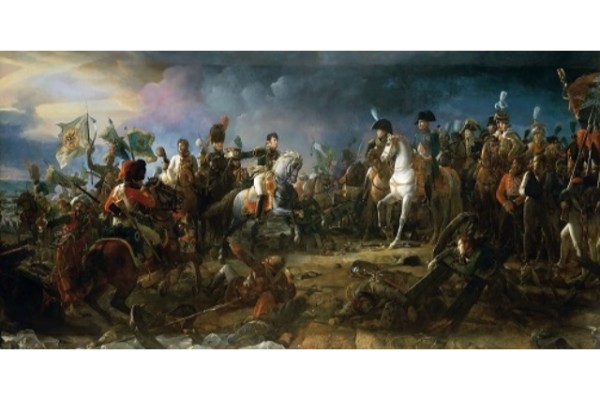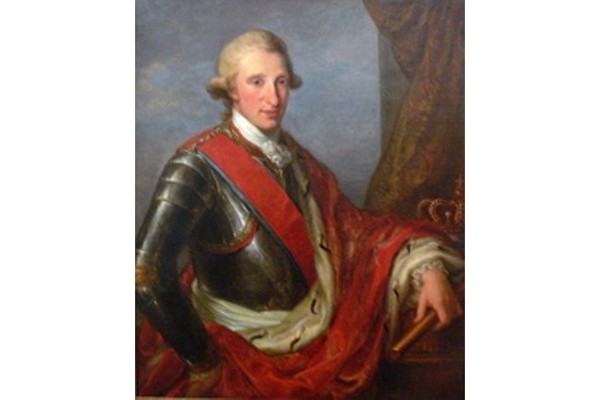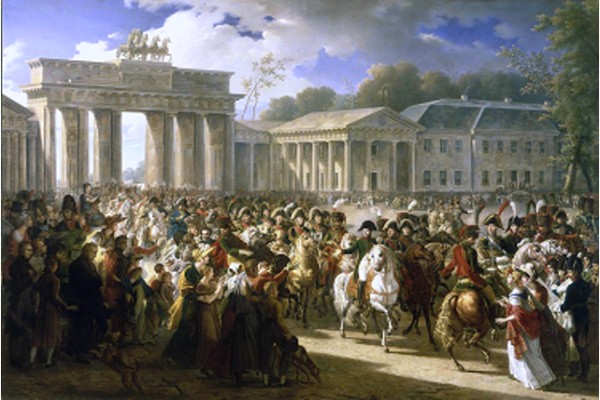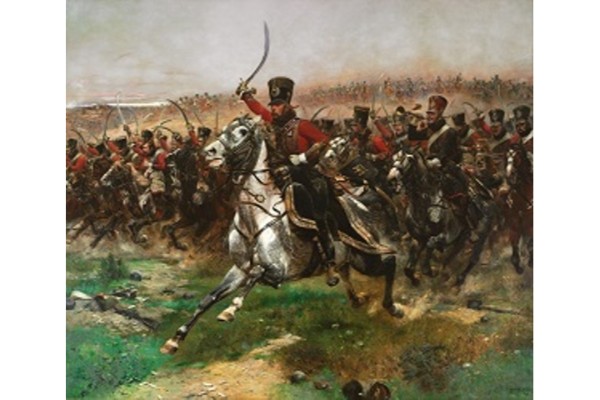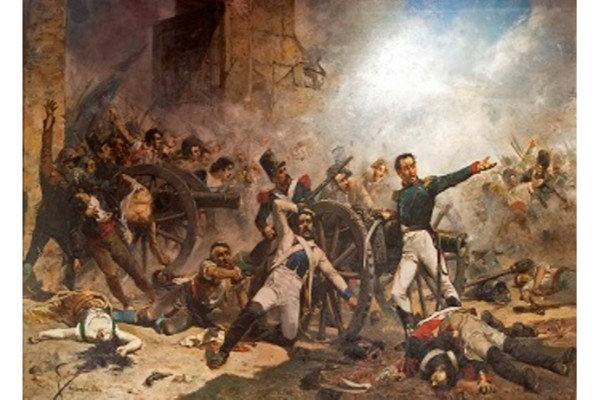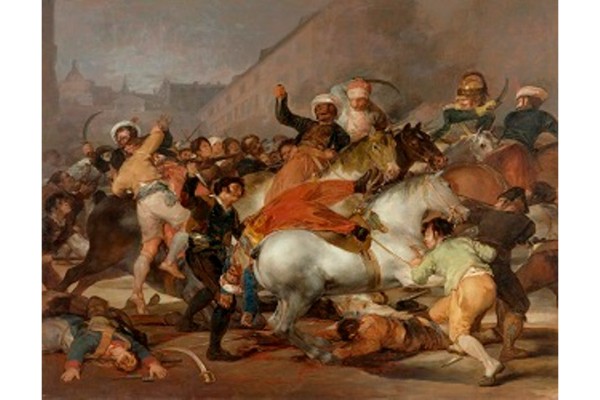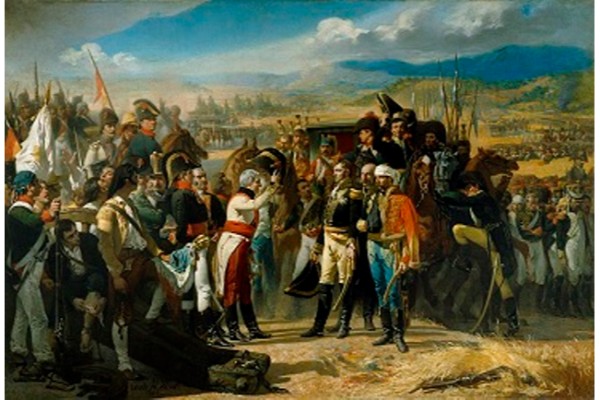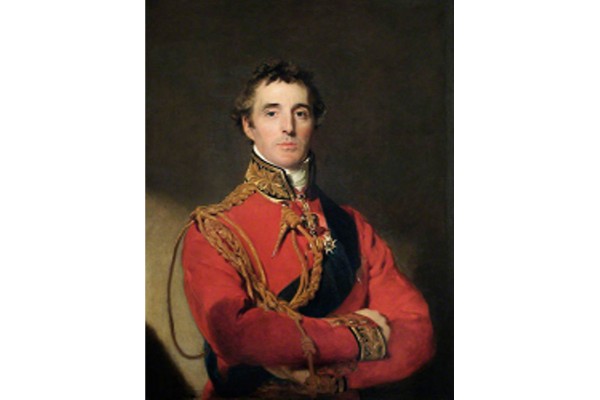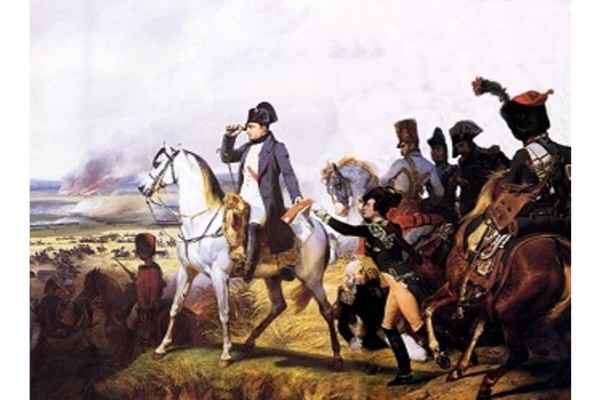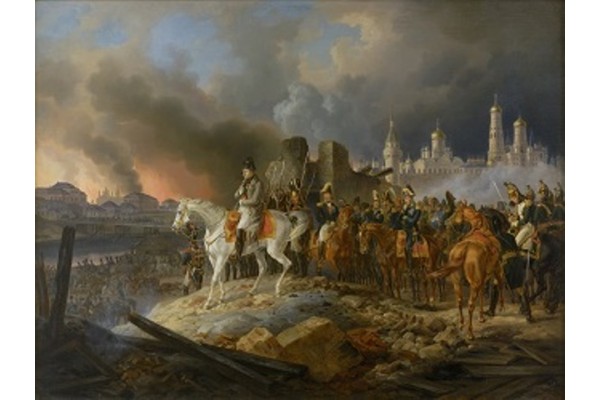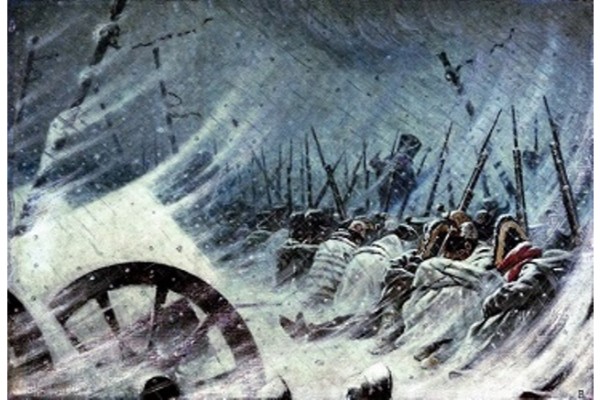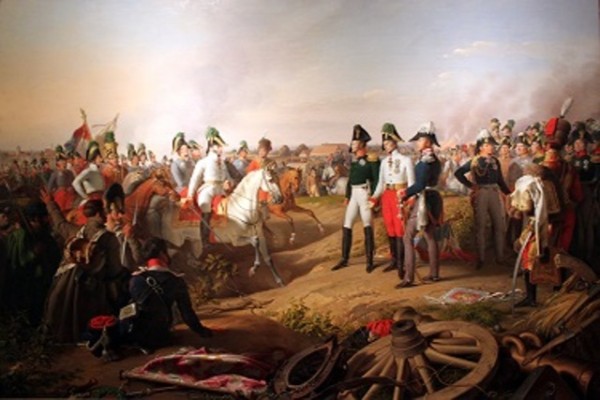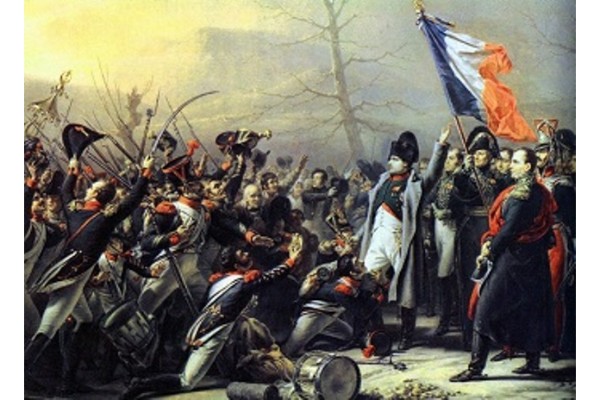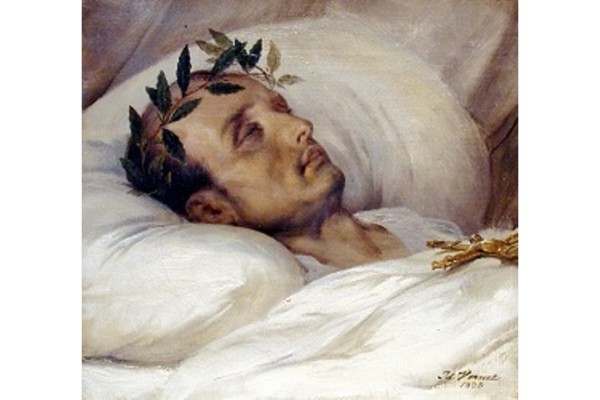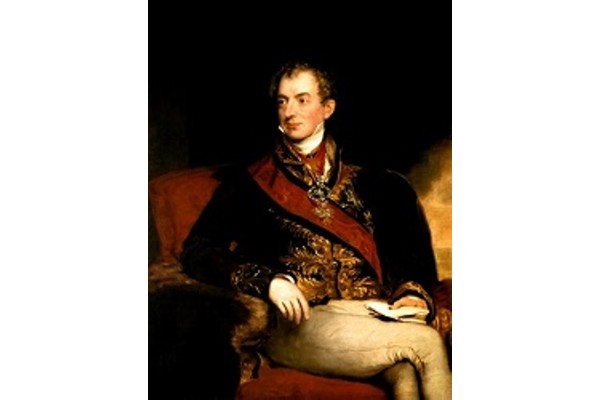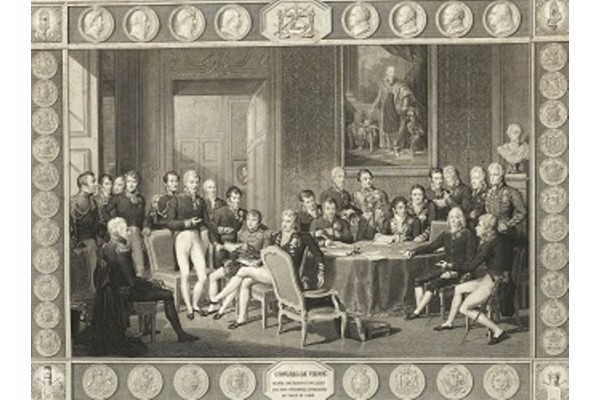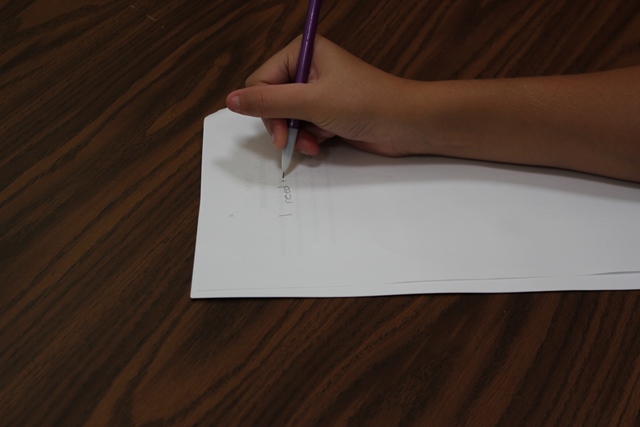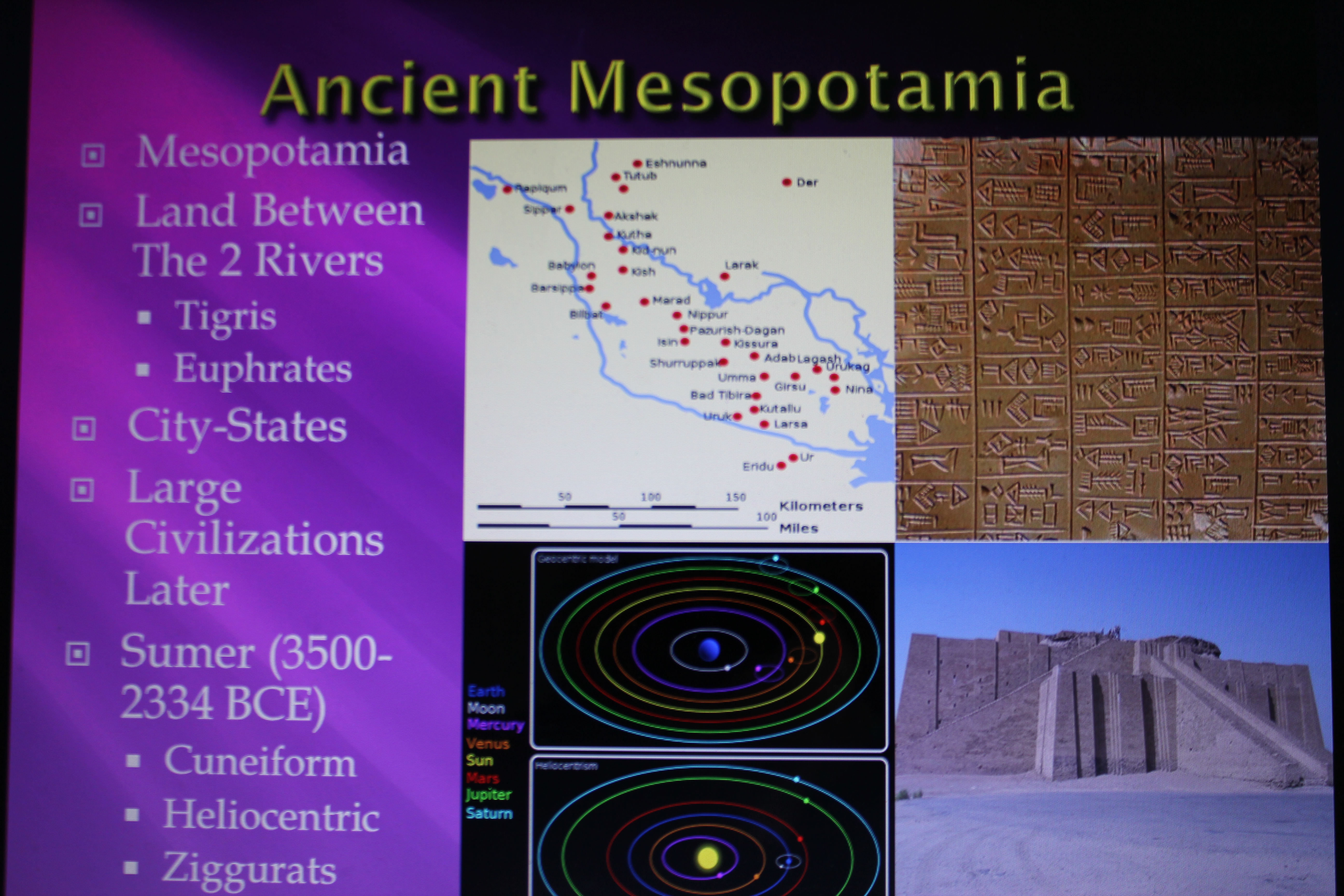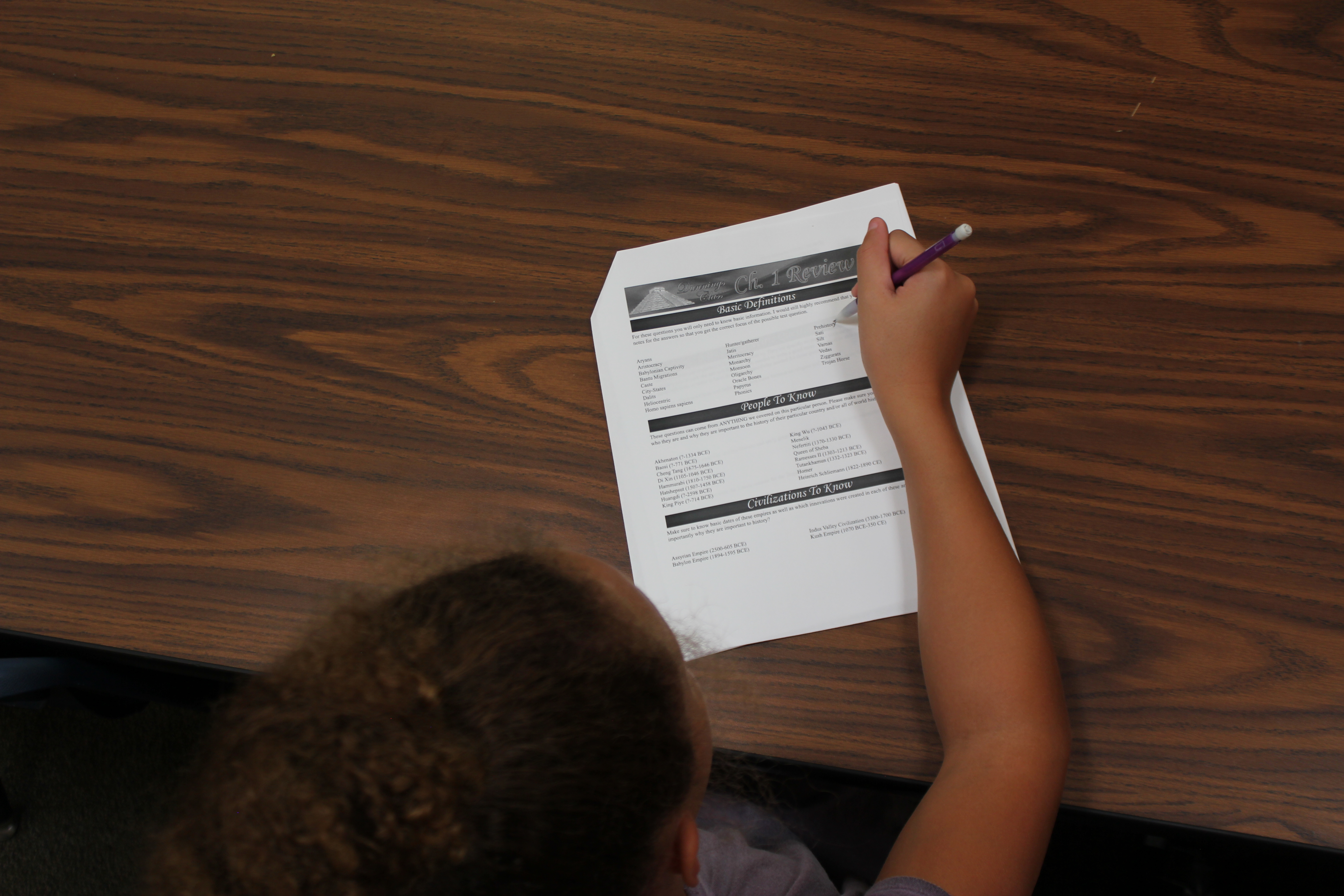Chapter 11
Unit 4 World History
The Battle of the Pyramids by Louis-Francois Baron Lejeune. (Public Domain photo. Info can be found here)
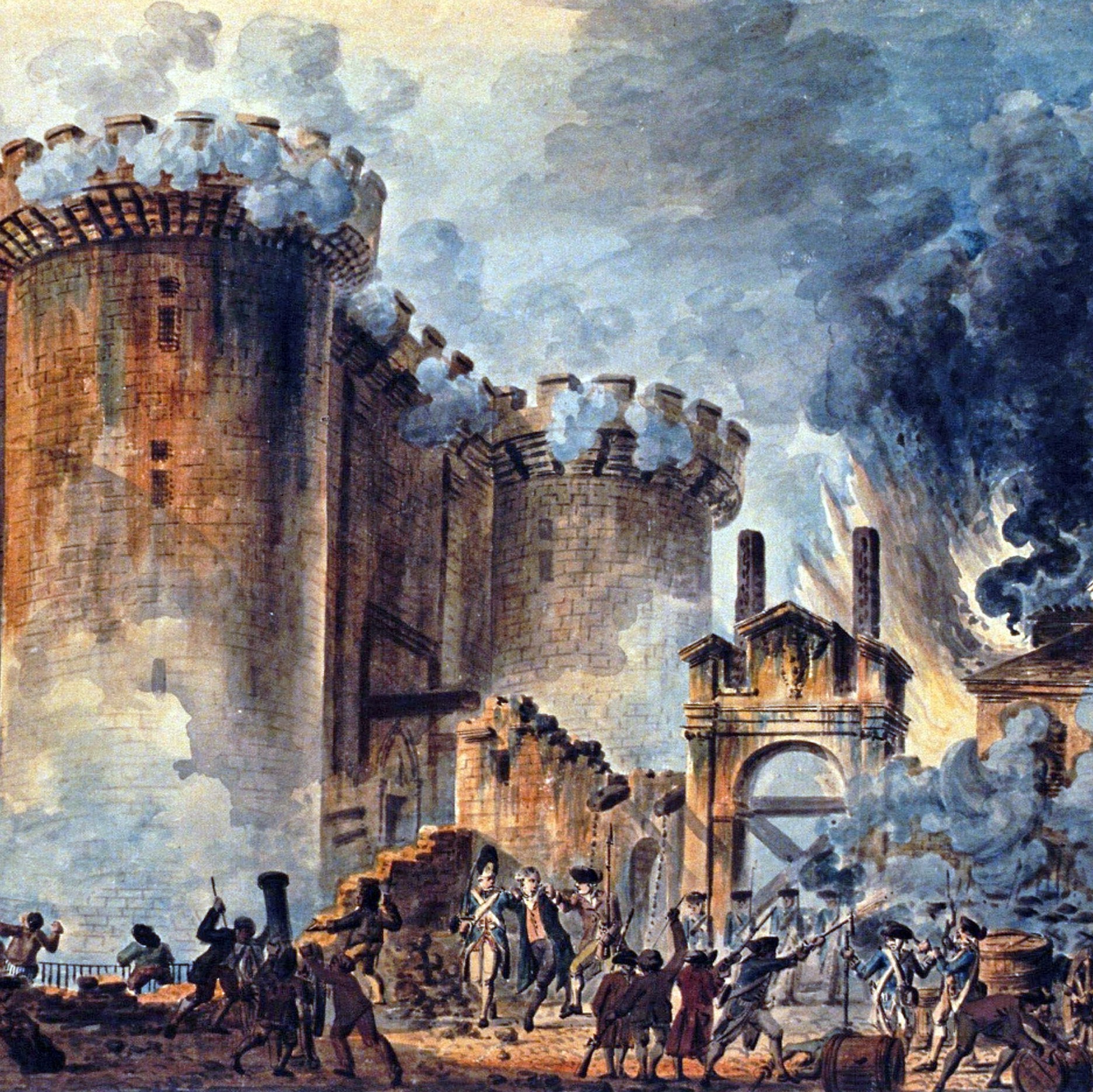
The Storming of the Bastille. This became the moment that many historians claim to be the start of the French Revolution. (Public Domain photo. Info can be found here)
This chapter covers the first two major revolutions of this era and how they were connected to the developments of the enlightenment. A brief overview of important enlightenment thinkers and their beliefs is followed by an introduction to the American Revolution. It is important to note that the section on the American Revolution is taken mostly from a world history perspective instead of the kind you may get in a US history class. We focus mainly on the aspects of the Revolution and aftermath that have profound effect on later changes in thought around the globe, and the help given by other countries to the war effort in the US. After that there is a long and in depth explanation of both the French Revolution and the rise and fall of Napoleon. The extreme focus on this revolution as opposed to the American version should not be seen by students as a reflection of what is more important, but simply a reflection of the course scope that leaves out US history, except when it is in connection with other countries.
Essential questions
The following questions are meant to be studied during the chapter as possible essay questions for your exam.
Please be ready for any of the following questions.
- Why is the concept of the “Social Contract” such a revolutionary idea in history? Were some interpretations of it more positive than others?
- Would you call the Marquis de Lafayette a hero, as Americans tend to, or an important but ineffectual leader, as he is often considered in France? Why or why not?
- Would you consider the overall legacy of Napoleon as a positive one when also considering morality and not just his military prowess? Why or why not?
- Which of the revolutions covered in this chapter are the more important to world history? Explain your decision in detail.
- What were the causes and effects of the French Revolution to world history?
Chapter Content
Use the following links to find the content you are interested in or use the search bar at the top right to look for specific concepts.



Class
Resources
The following are a list of helpful resources that can be used in studying for this chapter.
Class Notes
These are the notes that I use for class. All information found in these notes lead directly to the test so they should be used in studying if you want the correct answers. This can only be accessed by students logged into their school account.
Chapter Powerpoint
This link will lead you to the PowerPoint for this unit. Those who missed class can use this to catch up on what was taught in class and what specific concepts to focus on in your studying.
Exam Review
This is the review that should be used to prepare for the exam. All exam questions will be connected directly to this document. Students are expected to answer all questions and are encouraged to know the rest also.
Review Videos
The videos to the right are placed here so that you can find other ways to study if that is your desire. Crash course videos tend to work pretty well for this type of studying as many of the AP World students use them to prep for tests. Please feel free to click on any of the videos in this feed for more info.
This Chapter in the news
Many students don’t realize that history is being debated and rewritten daily. These are stories related to our chapter from the news.
Choose your own revolution
Why is it that the enlightenment is still important? This article explains that citizens need to continuously hold the government accountable for doing the right things.
What the French Revolution can teach
Many people use history to make decisions about what to do in their current predicament. This article covers why China should pay attention to what happened in the French Revolution.
Shanny Facing His Own Waterloo
I try whenever possible to find ways to show students that this material comes up in their lives. This is a reference to Waterloo in a story about an NFL coach losing his job.


